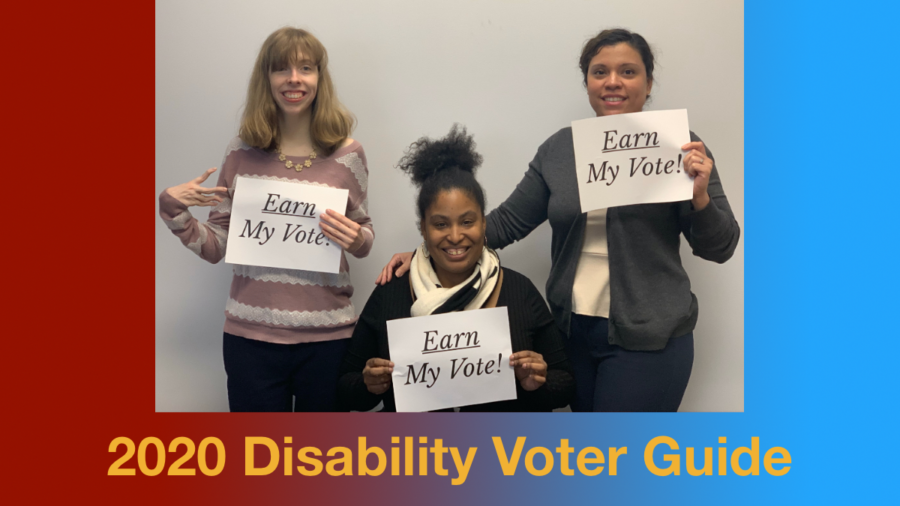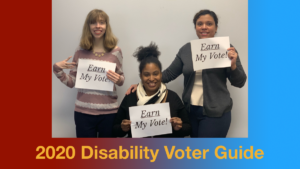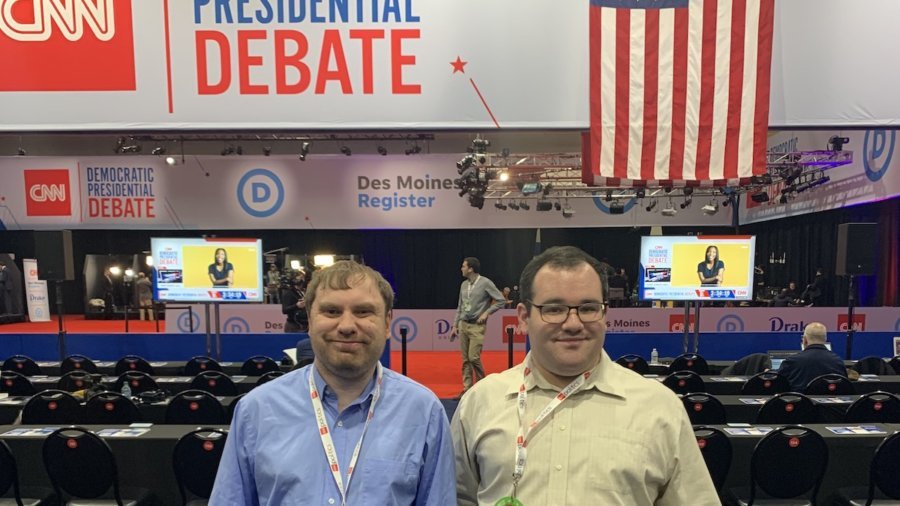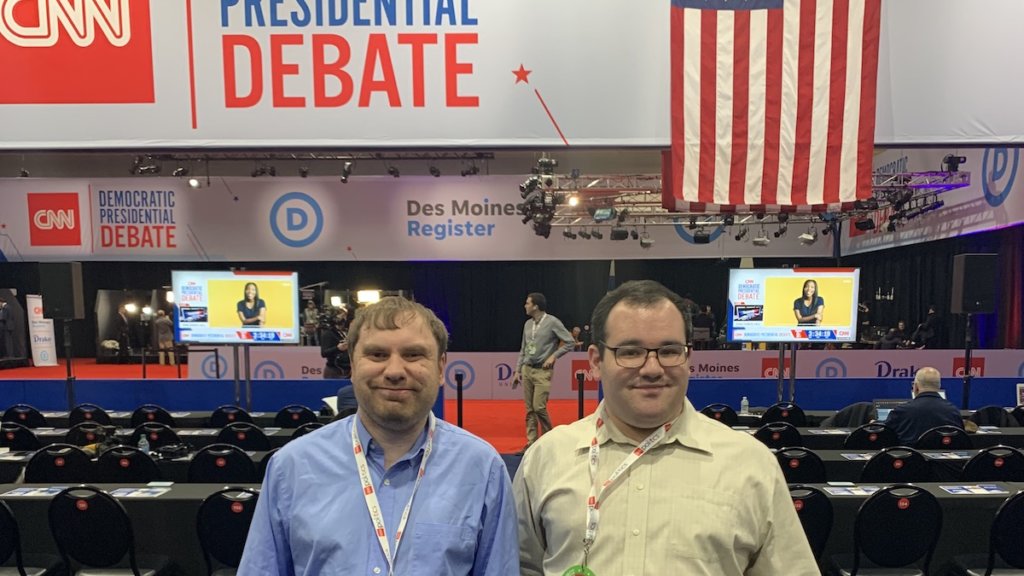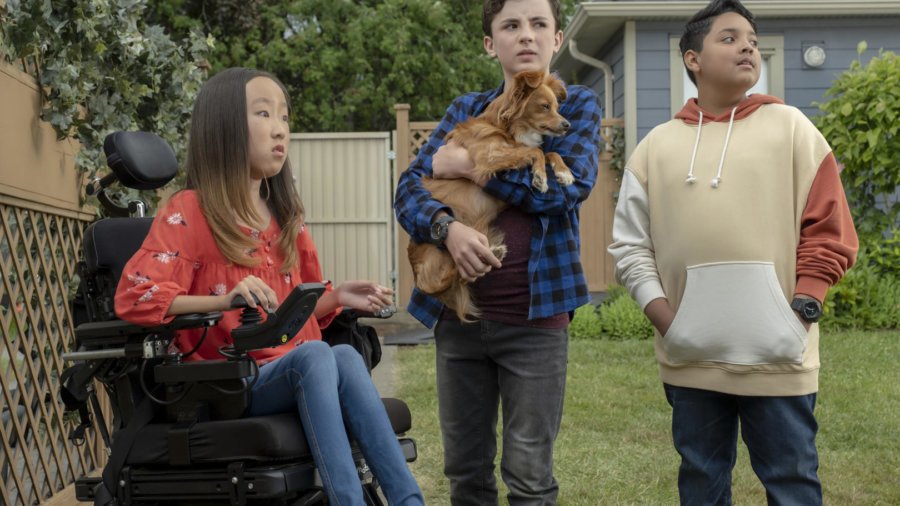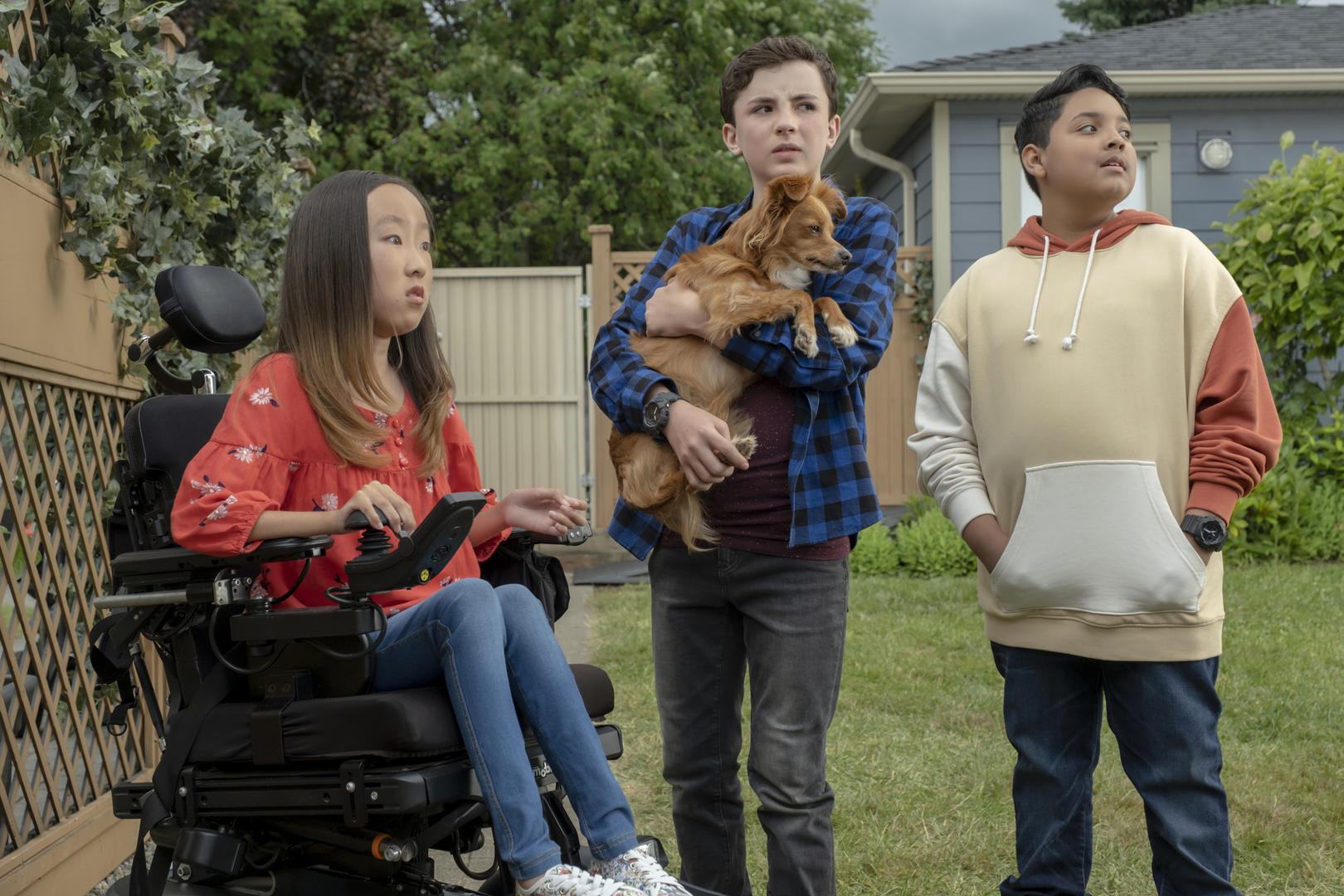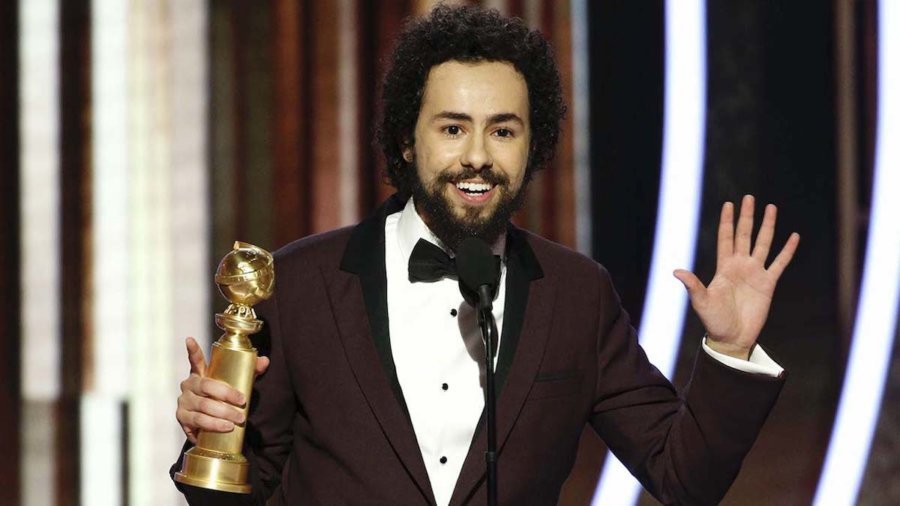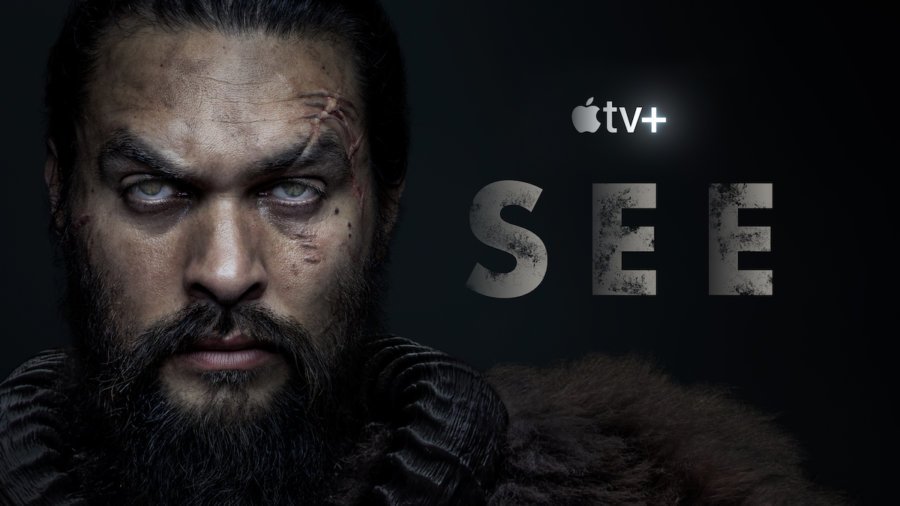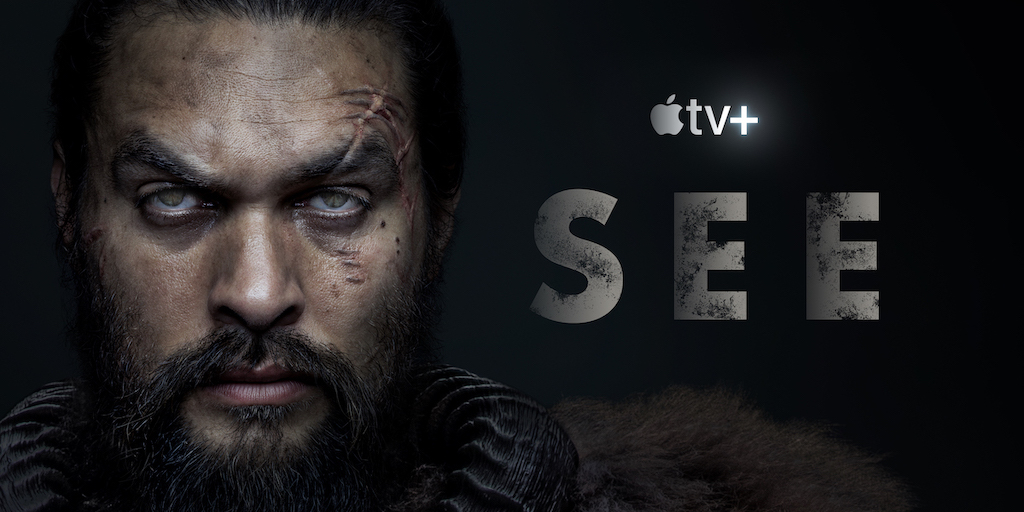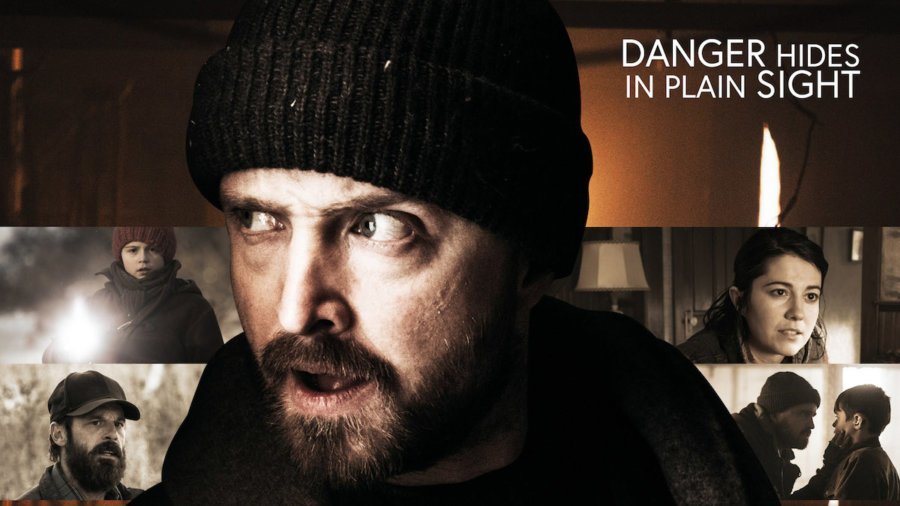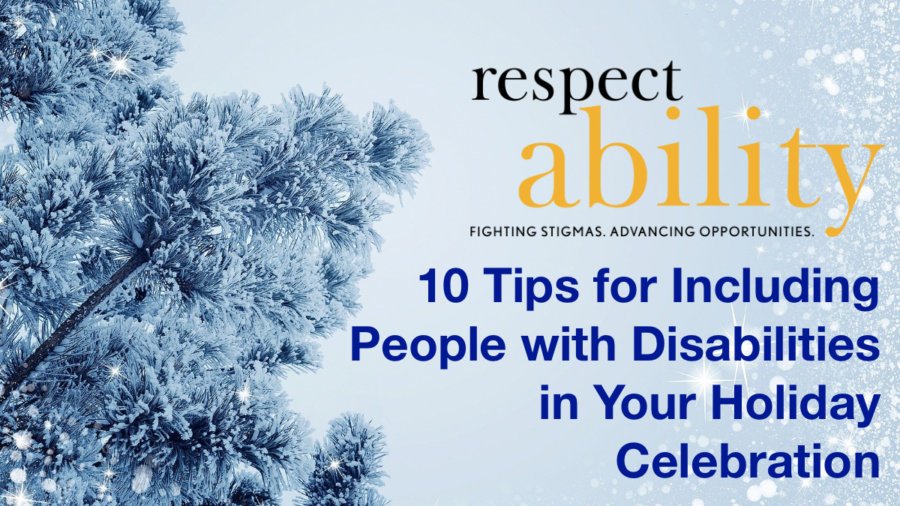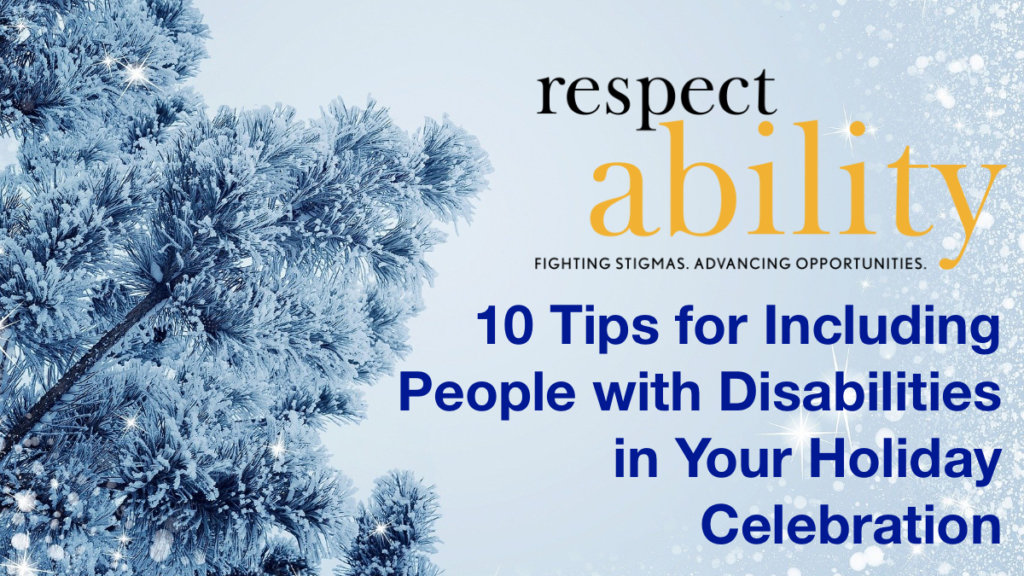First Edition of National Voting Guide Highlights Presidential Candidates’ Responses to 2020 Disability Candidate Questionnaire
Washington, D.C., Jan. 22 – As people with and without disabilities get ready to go to the polls to vote in their state’s primary elections, a disability rights nonprofit has released its first edition of the National Disability Voter Guide. While primary elections do not begin for a few more weeks, early voting begins earlier in many localities across the country. Early voting gives voters with and without disabilities the flexibility and choice to their ballots long before primary day.
Research conducted in the 2018 election shows that 74 percent of likely voters either have a disability themselves or have a family member or a close friend with disabilities. The upcoming elections and their results will have an impact on people with disabilities, so it is important to become familiar with the candidates’ positions on certain issues.
As a nonpartisan national nonprofit organization fighting stigmas and advancing opportunities so people with disabilities can participate fully in all aspects of community, RespectAbility has invited all candidates in the presidential race on both sides of the aisle to submit their answers to a 2020 Disability Voter Candidate Questionnaire. This questionnaire covers some of the most important issues impacting people with disabilities including employment, education, immigration, criminal justice and accessibility. [continue reading…]


